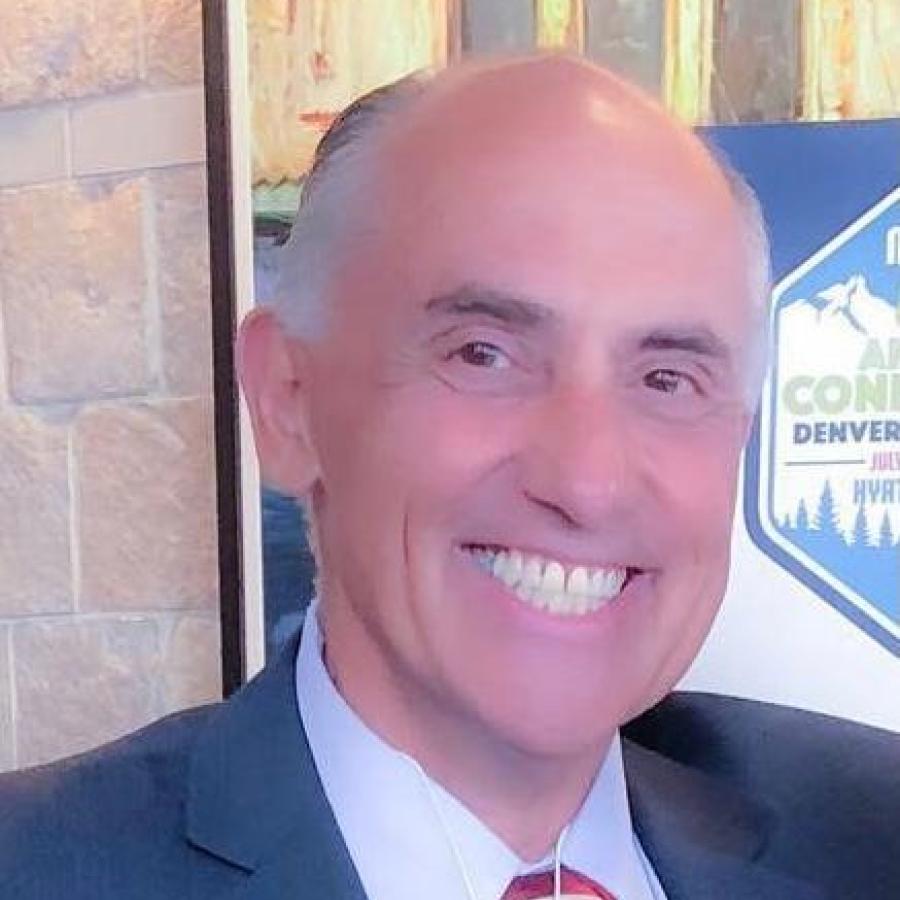Maximizing Wellness as a Family Law Practitioner: Your Life and Career Depend on It
Life is dynamic, change is constant, and we are extremely complicated beings. By being proactive in our self-care, we can be in a better position to effectively handle life’s challenges. Also, we will be a more efficient resource to those around us who may be suffering or in distress.
We need to look at life holistically, being mindful of the physical, mental, emotional, and spiritual state we are in at any given moment and how to best nourish each facet of our being so we may thrive.

Family law practitioners bear a heavy load—which makes wellness critical
Professionals who are dealing with aspects of family law—be they Judges, attorneys, clerks in court, paralegals, custody evaluators, or therapists, among many others—have a moral and ethical obligation to be in the best state possible when dealing with these situations. The amount of strife, stress, and dysfunction one may experience in this field will take a toll physically, emotionally, mentally, and spiritually.
Family court attorneys often suffer from secondary trauma as they listen to the client’s stories both in and out of court, witness the evidence of brutal assaults, walk through houses in which children live in horrifying conditions, and view photos that depict abuse. Secondary trauma is the impact resulting from the knowledge of the traumatizing events of others. Some of the effects of secondary trauma may persist for months or sometimes years, parallel the experience of trauma survivors, and impact the way you see the world.[1]
These effects may be subtle, such as personality shifts, or more obvious, such as drinking and abusing drugs. The family law practitioner may be impacted physically (through the negative effects of stress and anxiety on the body); psychologically (such as stress and anxiety through our visual field, non-verbal cues, and even sense of smell[2]); emotionally (through dealing with the devastation that families experience and also through mirror neurons[3]), and spiritually (such as losing faith in humanity and your own self-confidence as a practitioner).
There is an intersection of what we are experiencing from our work and what we have experienced in our life, and there are many related factors that affect our resilience when dealing with life situations. Practitioners need to emphasize wellness for their own good, to mitigate the impact of their work on those who are close to them, and to fulfil their obligations more efficiently to their clients and the system of justice we use to resolve these disputes.
A lack of wellbeing may also impact the ability to practice law. 40% to 70% of disciplinary and malpractice matters involve substance abuse, depression, or both.[4]

Simple, concrete ways to promote long-term wellness as a family law practitioner
Stress is inherent in our line of work. It’s important to develop tools to build resilience that counteracts the effects of what we see and hear; this equips us to improve our health and longevity in the occupation by decreasing burnout or empathetic distress.
We must individually determine what is needed to maximize wellness both now and into the future, and we must do so honestly.
Here are some tools that may be beneficial for practising wellness to see what resonates best with you:
1. Learn self-compassion. This practice includes finding ways to give yourself compassion as well as strengthening your sense of self-compassion.
Receiving self-compassion: What does this look like?
- A deep commitment to yourself
- Developing a strength of mind
- Accessing the wisdom we gain through experience
- Being kinder, gentler, and more caring and open with ourselves
- More accepting of ourselves; being non-judgmental or critical
Strengthening self-compassion: What does this look like?
- Balanced attention: Remember stressful situations and allow yourself to acknowledge your feelings and thoughts about those experiences.
- Consider the concept of “common humanity” and remember that these experiences are similar to what others have endured.
- Mentor yourself as you would a colleague: What would you say to a co-worker?
Practising self-compassion leads to a more positive attitude about oneself and their work.
2. Practice mindfulness. This may include practices such as breathwork, meditation, grounding practices, movement practices, and visualizations.
3. Design a strategy for rest and relaxation. This may include:
- Maintaining a regular schedule that allows for adequate amounts of sleep and relaxing, stress-reducing activities.
- Practising relaxation techniques such as meditation or deep breathing exercises.
- Trying other strategies that can help, like:
- Listening to music
- Reading
- Going to church
- Sitting in the park (forest bathing is now being prescribed)
- Playing with your children
4. Build healthy nutritional habits. For example:
- Eat regularly.
- Limit consumption of caffeine, as it can increase your overall stress level.
- Be mindful not to lean heavily on unhealthy vices. Extreme stress may lead to increased use of alcohol, cigarettes, and/or sleeping pills, which can create even more agitation/problems.
5. Develop support systems and social contacts. You may:
- Choose people you trust and people who will really listen to how you feel. This may include friends, family, teachers, counsellors, clergy members, and self-help groups, among others. Talking about your own reactions to a work-related event does help.
- Seek out Lawyer Assistance Programs. These programs offer confidential services to family law practitioners facing mental health or substance use issues.
- Don’t go it alone. Isolating yourself from those who know and care about you may make matters worse.
6. Keep learning about new ways to practice wellness. OurFamilyWizard has also teamed up with the National Council of Juvenile and Family Court Judges to develop a series of webinars on different aspects of wellness which are free of charge to the public. Access videos from this series here: https://www.ncjfcj.org/judicial-wellness-initiative/

The bottom line: Promoting wellness is up to each of us
Above are just a few of the myriad of practices that we can use to explore further when determining what is the best way to maximize our health. Being honest and saying that you have to be healed from is the first step. What and/or if we decide to do anything to ameliorate the effects of the work is totally up to each of us.
[1] Iversen S, Robertson N. Prevalence and predictors of secondary trauma in the legal profession: a systematic review. Psychiatr. Psychol Law. 2021 Mar 5;28(6):802-822. doi: 10.1080/13218719.2020.1855270. PMID: 35694647; PMCID: PMC9176334.
[2] Howard S. Friedman & Ronald E. Riggio. Effect of individual differences in nonverbal expressiveness on transmission of emotion. Journal of Nonverbal Behavior volume 6, pages96–104 (1981); Heidi Hannah, Stressaholic: 5 Steps to Transform Your Relationship with Stress, Wiley (2014); Dalton P, Mauté C, Jaén C, Wilson T (2013) Chemosignals of Stress Influence Social Judgments. PLoS ONE 8(10): e77144. https://doi.org/10.1371/journal.pone.0077144
[3] Bastiaansen JA, Thioux M, Keysers C. Evidence for mirror systems in emotions. Philos Trans R Soc Lond B Biol Sci. 2009 Aug 27;364(1528):2391-404. doi: 10.1098/rstb.2009.0058. PMID: 19620110; PMCID: PMC2865077.
[4] Rothstein, Law Students and Lawyers with Mental Health and Substance Abuse Problems: Protecting the Public and the Individual, 69 U. Pitt. L. Rev. 531 (2007-2008) https://www.americanbar.org/news/abanews/publications/youraba/2017/december-2017/secrecy-and-fear-of-stigma-among-the-barriers-to-lawyer-well-bei/

Author's Bio:
Victor Reyes served as a general jurisdiction judge for 15 years in the 10th Judicial District located in Pueblo, Colorado in the United States. Judge Reyes served as a Colorado Deputy, State Public Defender and Judge-in-Residence for the National Council of Juvenile and Family Court Judges. Since 2002, he has led trainings, both nationally and internationally, on the issues of judicial wellness, domestic violence, family court, and child welfare.
Learn more about Judge Reyes and his work at HealingJudges.com.


